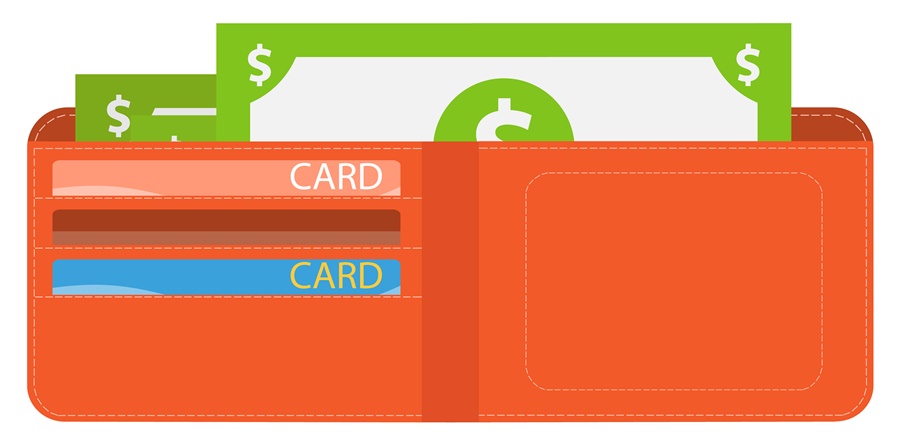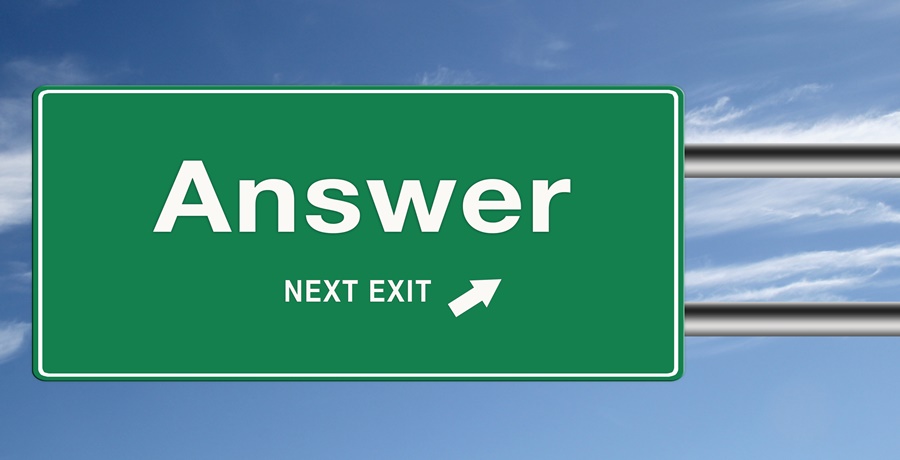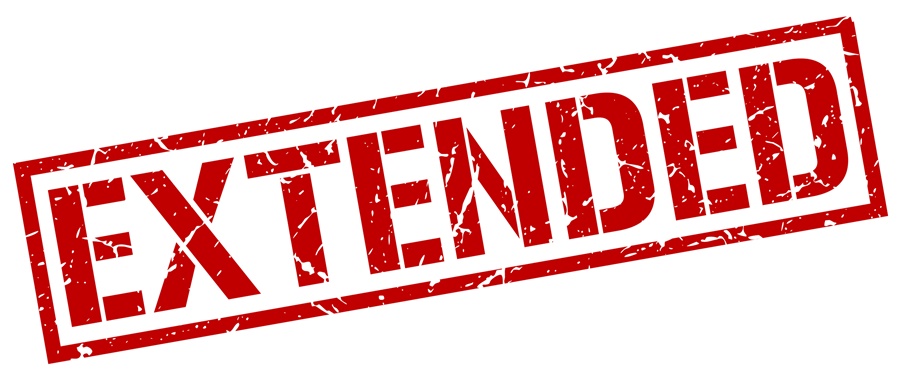
The discovery conference is the first thing the parties must do in a trademark opposition after the answer is filed. The Trademark Trial and Appeal Board (TTAB) requires that the parties discuss specific matters related to the opposition prior to the opening of the discovery period. The discovery conference may be conducted between the parties in-person, but it’s almost always done over the phone. Generally speaking, the TTAB doesn’t participate in the discovery conference. However, one or both of the parties may request that a TTAB representative help facilitate the conference, which could be especially useful if at least one of the parties isn’t represented by an attorney.




